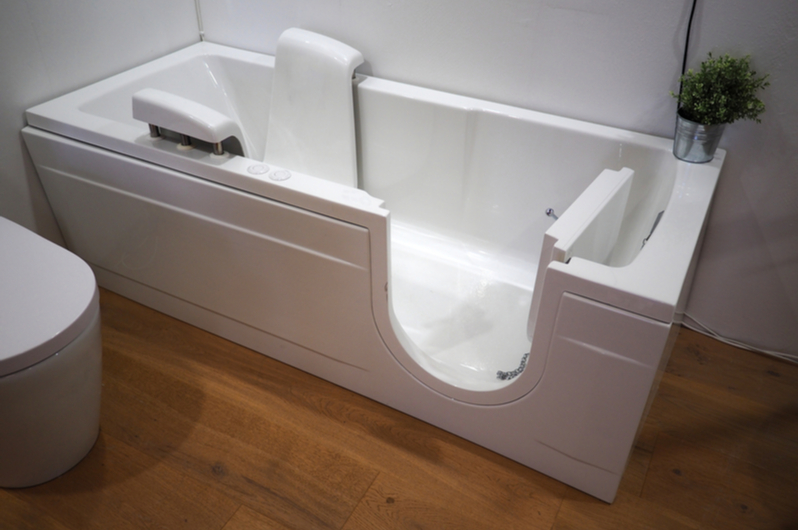Long Term Care Insurance
Long-term care can be an emotional topic. As people age or become ill, they sometimes need help doing daily tasks like getting dressed, bathing and more. Long-term care (LTC) provides people with those services—but it can be expensive. According to the U.S. Department of Health and Human Services, today's average 65-year-old has a 70 percent chance of needing some kind of long-term care as they age. They also report that although one-third of today's 65-year-olds may not ever require long-term care or assistance living, that one out of five will need it for more than five years, that's 20 percent.
Cost of Long-Term care
-
A semi-private room in a nursing home costs $85,775 yearly
-
Five days of Adult Day Care costs $18,200 yearly
-
A one bedroom unit in an assisted living facility costs $45,000 yearly
-
44 hours of housekeeping assistance costs $47,934 yearly
-
Having a home health aid for 44 hours/weekly costs $49,192 yearly
-
A private room in a nursing home costs $97,455 yearly
-
The percentage of people 65 or older who will need long term care is 70%
It is important that you know that you cannot depend on Medicare or Medicaid to absorb the whole cost of long-term care. Long term care insurance offers a means by which to defray the cost of long-term care.
What Long Term Care Insurance Covers
-
Assisted living
-
Adult day care
-
Respite care
-
Hospice care
-
Nursing homes
-
Facilities specializing in Alzheimer's Disease
Riders to a Policy Can Be Purchased to Cover
-
Home care
-
Visiting or live in caregiver
-
Companion
-
Housekeeper
-
Therapist
-
Private duty nurse
Advantages to Long Term Care Insurance
-
You won't have to live off of your children
-
Possible assistance with out-of-pocket costs
-
You may not have to exhaust your savings
-
Premiums can be deductible the amount of the deductions is based on the policy holder's age
-
Benefits usually are not counted as income
-
Your state may offer tax deductions or credits or the proceeds may be tax exempt
Policy Types
-
Traditional- Premiums are paid regularly and unused premiums cannot be passed on to heirs except with the purchase of a special rider.
-
Combination/Hybrid- a mix of a long-term care and life insurance.
-
Tax qualified- Benefits are tax exempt. A policyholder must need a minimum of three months of long-term care and assistance and be unable to perform 2 of the six basic life functions because of cognitive impairment.
-
Non-tax qualified- A physician and or insurance company rep must conclude that care is needed because of an inability to perform one or more of the basic life functions.
-
The cost of premiums varies depending on your state, age, and the type of coverage. It is recommended that you begin looking at long-term care policies at the age of 50.
End of Life Insurance
Also known as burial or final expense insurance end of life insurance is usually a whole life policy. These policies can be used to pay for funeral costs and to cover the deceased remaining debts. Premiums are determined by the amount of coverage and the covered age at the time the policy was purchased.



